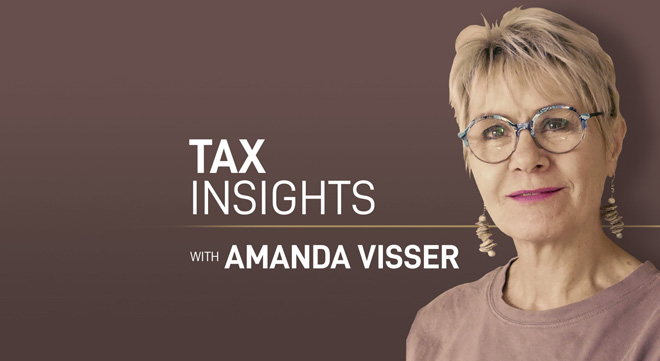
Cybercriminals ramp up their attacks on tax practitioners
SARS responds to reports of hackers accessing practitioners’ eFiling profiles, removing clients, and changing banking details.
A High Court hears details of an elaborate fraud in which scammers cleaned out a bank account and bought cryptocurrency from a part-time trader.
Read more
SARS responds to reports of hackers accessing practitioners’ eFiling profiles, removing clients, and changing banking details.

The group claimed R200m in VAT refunds for importing, storing, and selling diesel.

Lusizo Henna laundered the R3.1m refund within 14 days of SARS paying the money into his business account.
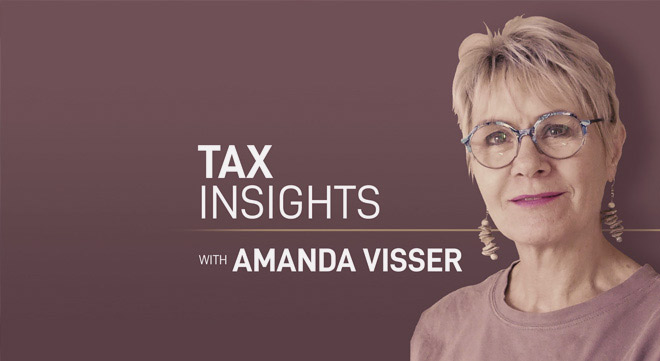
The ruling makes the Tax Courts more accessible, but there are risks to taking on SARS without a qualified and experienced legal representative.

The decision addresses the recovery of VAT on payments made under loan cover provided free of charge.

Once the draft amendments to the Money Laundering and Terrorist Financing Control Regulations are enacted, failure to submit the required Cash Conveyance Report could lead to imprisonment for up to 15 years or fines of up to R100 million.

SARS rakes in more from personal income and VAT, but corporate tax slumps by almost 9%.
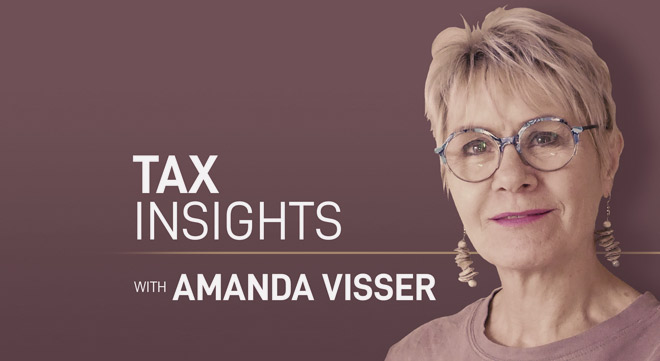
Taxpayers carrying on trade as an investment holding company should ensure they can demonstrate a high degree of involvement in the operations of the subsidiaries.
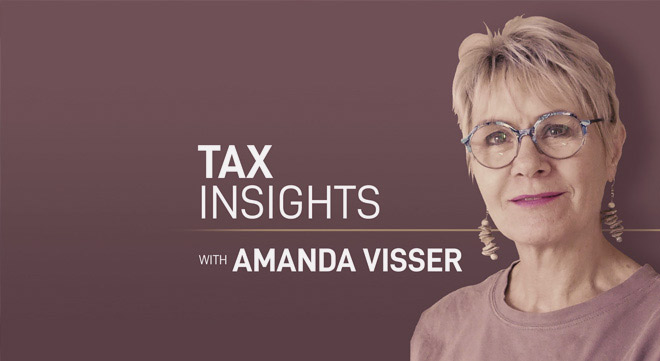
SARS’s discretion to write off temporarily an amount of tax debt while a company is subject to business rescue will be reviewed.

You can break tax residency via the SARS tax emigration process or annually via the application of a double taxation agreement.
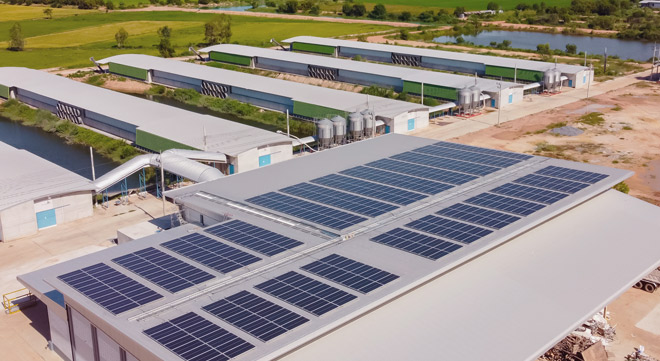
Binding Class Ruling 88 provides guidance on what qualifies as a ‘generation asset’ and how the allowance applies to limited partners investing in solar PV energy assets.

A common misconception among influencers earning income from international sources is that payments from abroad are not subject to taxation in South Africa.

The suspicion that the third party’s vehicle contained material relevant to the taxpayer under investigation was sufficient for it to be searched, SCA finds.
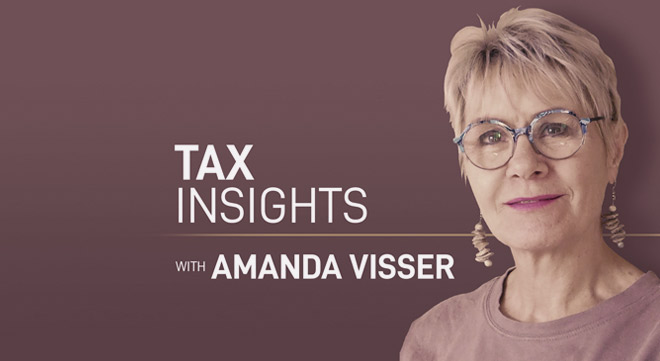
The Budget Review suggests that National Treasury does not intend adjusting the tax brackets for at least another two years.

The commissioner says the Revenue Service has put measures in place to meet the revised estimate for revenue collection.
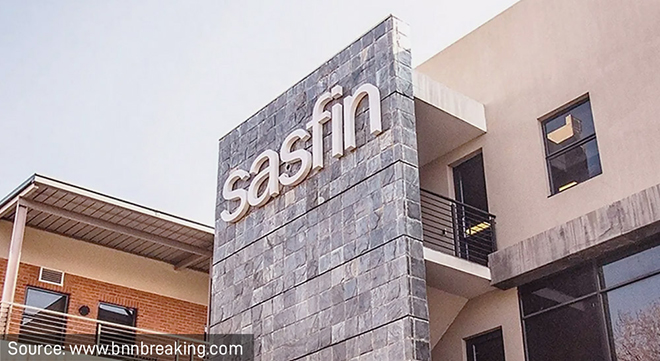
The summons is a result of SARS’s purported inability to collect taxes owed by former clients that were allegedly part of an international criminal syndicate.